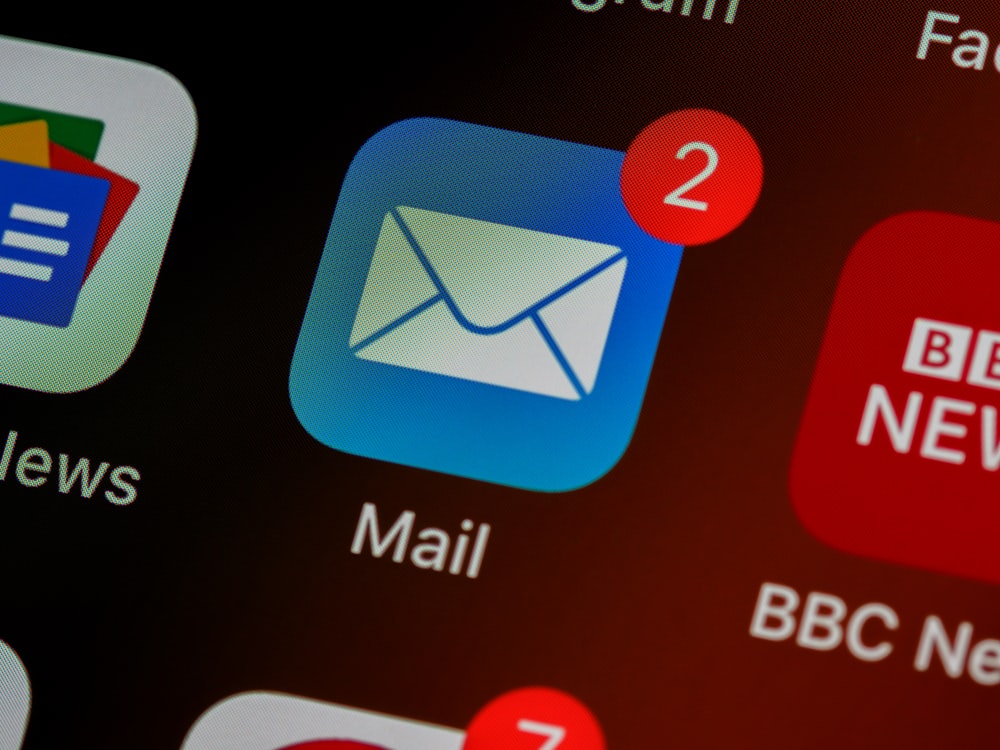Apple Mail Privacy Protection: The Impact on Email Deliverability and How to Adapt
Published on July 25, 2024
In September 2021, Apple launched its Mail Privacy Protection (MPP) feature as part of iOS 15, iPadOS 15, and macOS Monterey. This significant privacy update has fundamentally altered how email marketers measure engagement and track deliverability. For businesses relying on email as a critical communication channel, understanding MPP’s impact is essential for maintaining effective deliverability strategies.
What Is Apple Mail Privacy Protection?
Apple Mail Privacy Protection is a privacy feature that allows users to protect their mail activity by hiding their IP address and preventing senders from knowing when they’ve opened an email. When enabled, MPP:
- Pre-loads email content (including tracking pixels) on proxy servers
- Masks the recipient’s IP address
- Makes it impossible to accurately determine when or if a user opened an email
- Shows emails as “opened” even when they might not have been

The feature is opt-in but presented prominently to users upon updating their Apple Mail app, resulting in high adoption rates estimated at 75%+ among Apple Mail users.
How MPP Affects Email Deliverability Metrics
1. Inflated Open Rates
The most immediate and noticeable impact of MPP is artificially inflated open rates. Since Apple pre-loads email content on its proxy servers, tracking pixels are triggered regardless of whether recipients actually open the email. For businesses with a high percentage of Apple Mail users in their audience, open rates have increased by 5-25% on average—but these numbers no longer reflect actual engagement.
2. Masked Location Data
MPP prevents senders from collecting accurate location data through IP addresses. This impacts deliverability strategies that rely on geolocation for:
- Time zone-based sending
- Location-specific content personalization
- Compliance with regional privacy regulations
3. Compromised Send Time Optimization
Without accurate open tracking, algorithms that determine the optimal time to send emails based on past open behaviors have become less effective. This can indirectly impact deliverability as emails may not arrive in inboxes when recipients are most active.
4. Disrupted Automation Flows
Many email automation sequences use opens as triggers for subsequent messages. With MPP rendering open data unreliable, these automation flows may not function as intended, potentially:
- Sending follow-up emails prematurely
- Failing to properly segment engaged vs. non-engaged users
- Inaccurately gauging the effectiveness of subject lines and preview text
The Impact on Key Deliverability Signals
Engagement-Based Filtering
Mailbox providers increasingly use engagement metrics to determine inbox placement. With MPP obscuring true open rates, senders face several challenges:
- Sender Reputation Assessment: ISPs use engagement metrics to assess sender reputation. Without reliable open data, other signals gain more weight in determining inbox placement.
- Inactive Subscriber Identification: It becomes harder to identify truly inactive subscribers, potentially leading to continued sending to unengaged users—a practice that harms deliverability.
- List Hygiene Decisions: Determining when to remove subscribers based on inactivity becomes more complicated without reliable open data.
Authentication and Technical Requirements
The good news is that MPP doesn’t affect the technical aspects of deliverability, including:
- SPF, DKIM, and DMARC authentication
- IP reputation
- Content filtering
- Complaint rates
These factors remain critical for inbox placement and are unaffected by Apple’s privacy changes.
Adapting Your Deliverability Strategy Post-MPP
1. Shift to Click-Based Metrics
Clicks have become the new opens in the post-MPP era. Unlike opens, click data remains reliable since users must actively interact with email content to generate a click. Consider:
- Redesigning emails to encourage clicks, even for non-promotional content
- Setting click-based (rather than open-based) goals for campaigns
- Using click-through rates as the primary engagement metric for deliverability monitoring
2. Implement Email Client Detection
Segment your audience based on email client to:
- Identify the percentage of your list likely affected by MPP
- Create separate engagement benchmarks for Apple Mail users vs. others
- Apply different engagement rules for list hygiene based on email client
<!-- Email client detection pixel example -->
<img src="https://yourdomain.com/track?client={{client}}" />
3. Employ Zero-Party Data Collection
Encourage subscribers to directly share their preferences rather than inferring them from tracking data:
- Ask subscribers when and how often they want to receive emails
- Use in-email surveys to gauge interest in topics
- Implement preference centers for subscribers to manage their experience
4. Focus on Holistic Engagement Metrics
Look beyond opens to assess engagement and deliverability health:
- Reply rates
- Forward rates
- Website visits after email campaigns
- Conversion rates tied to email campaigns
- Inbox placement rates through seed-based testing
5. Refine List Hygiene Strategies
Adapt your inactive subscriber management:
- Create re-engagement campaigns that require clicks, not just opens
- Consider shorter inactivity windows before suppression
- Use more direct “Do you still want to hear from us?” campaigns
- Implement sunset policies based on multiple engagement signals
Real-World Solutions From Email Experts
We spoke with several email deliverability experts about how they’ve adapted to MPP:
“We’ve completely redesigned our re-engagement workflows to focus on clicks rather than opens. For Apple Mail users who haven’t clicked in 90 days, we send a direct ‘confirm your subscription’ email. This has helped us maintain strong deliverability despite the challenges of MPP.”
- Sarah Jenkins, Email Deliverability Manager at MarketingCo
“One unexpected benefit of MPP is that it’s forced us to create more compelling, clickable content. Our emails are now designed to encourage interaction beyond the preview, which has actually improved our overall engagement metrics.”
- David Pearson, Email Marketing Director at TechBrand
Future-Proofing Your Email Program
As more mailbox providers potentially follow Apple’s lead with enhanced privacy features, forward-thinking email marketers should:
- Diversify communication channels beyond email to build relationships with customers
- Invest in first-party data collection to decrease reliance on tracking
- Develop content strategies that drive active engagement rather than passive consumption
- Implement regular deliverability testing to monitor inbox placement directly
- Stay informed about privacy changes across email clients and platforms
Key Takeaways
- Apple Mail Privacy Protection has fundamentally changed open rate reliability, especially for audiences with high iOS usage
- Click-based metrics are now more valuable indicators of engagement and deliverability health
- Authentication, content quality, and complaint rates remain unaffected and should be prioritized
- Segmentation by email client can help create more accurate benchmarks
- Focus on active engagement metrics that require recipient interaction beyond opening
- Consider MPP as an opportunity to create more compelling, valuable email content that encourages deeper engagement
By adapting your deliverability strategy to account for privacy changes like MPP, you’ll build a more resilient email program that respects user privacy while maintaining effective communication with your audience.
Want to learn more about navigating the changing landscape of email privacy? Schedule a demo to see how BuffSend helps marketers maintain strong deliverability in the age of enhanced privacy protections.



